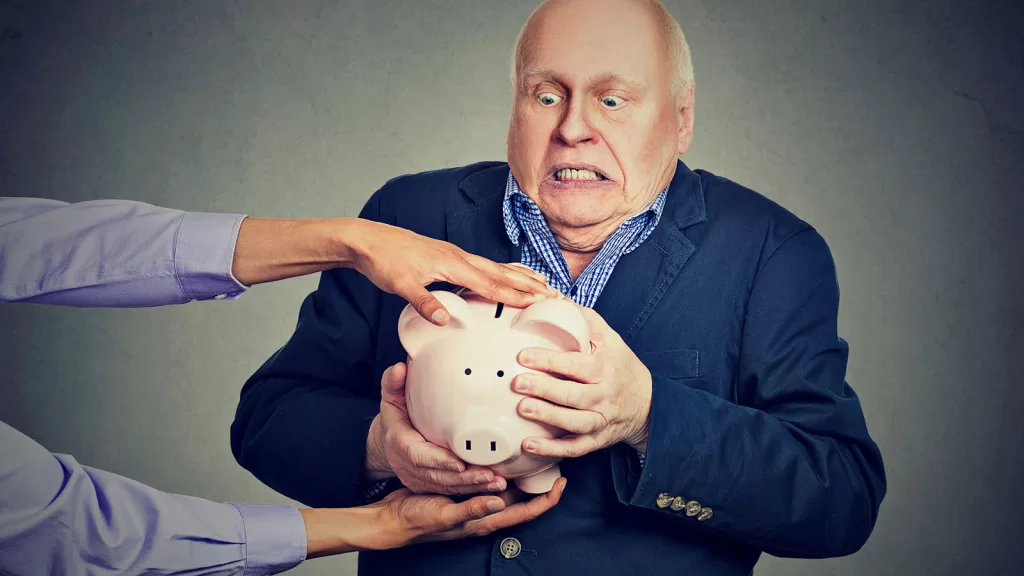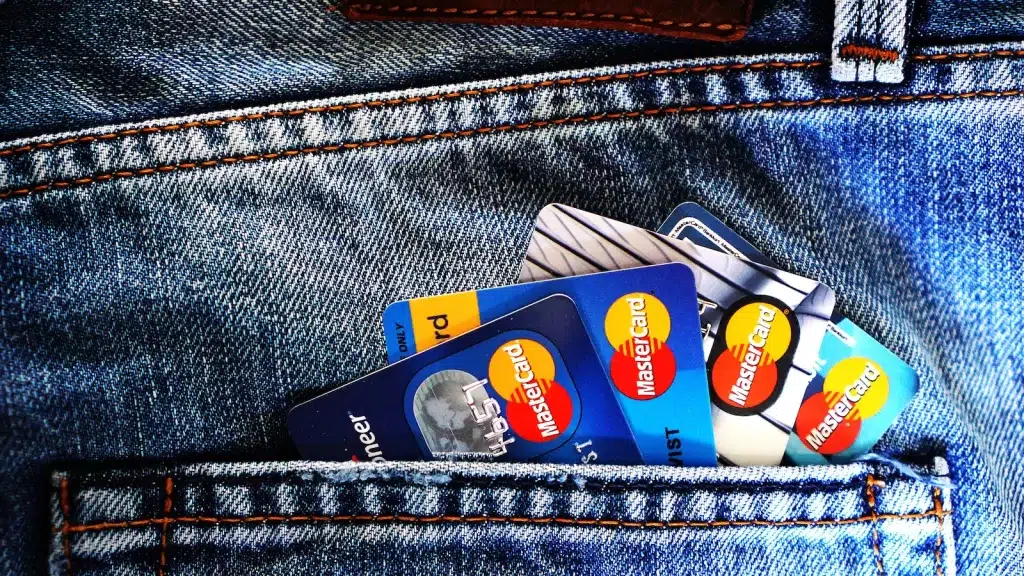Ever wondered what the wealthy avoid splurging on? Delve into the world of high earners as we uncover 18 surprising things the rich choose to avoid spending their fortunes on.
From unconventional habits to unexpected frugality, this eye-opening exploration will challenge your assumptions about the spending habits of the affluent.
High-interest Loans and Payday Advances

Poor individuals may resort to high-interest loans and payday advances to cover unexpected expenses or make ends meet. In contrast, wealthy individuals have the financial cushion to avoid these costly borrowing options.
Overdraft Fees

Many poor individuals struggle to maintain a consistent balance in their bank accounts, resulting in frequent overdraft fees. Wealthier individuals often have the financial stability to keep their accounts in the black.
Renting vs. Owning

Owning a home can be a wise long-term investment, while renting often leads to a continuous drain on finances. Poor individuals may have difficulty saving for a down payment, leading to perpetual renting.
Lack of Health Insurance

Wealthy individuals are more likely to have comprehensive health insurance, while many poor people are uninsured or underinsured, leading to higher medical costs in the long run.
Impulse Purchases

Poor individuals may be more susceptible to impulsive spending, often driven by financial stress or the desire for momentary relief. Wealthy individuals tend to make more deliberate, planned purchases.
Paying Full Price

Wealthy individuals often have the means to wait for sales, use coupons, and negotiate prices, whereas poor individuals may be forced to pay full retail prices.
Inadequate Education

Investing in education is a significant way to improve one’s financial prospects. Poor individuals may not have the resources for advanced education, while the wealthy often invest in quality education for themselves and their children.
Subpar Housing

Wealthy individuals typically live in well-maintained, safe neighborhoods, while many poor individuals may reside in substandard housing conditions due to financial constraints.
Buying Cheap and Low-Quality Goods

Poor individuals may opt for cheaper, lower-quality products, while wealthy individuals often prioritize higher-quality items that last longer, ultimately saving money in the long term.
Fast Food and Convenience Store Snacks

Poor individuals may resort to fast food and convenience store snacks due to time constraints or limited resources. Wealthy individuals can afford healthier, more cost-effective meal options.
Overpriced Financial Services

Wealthy individuals can access premium financial services with lower fees and better investment options, while the poor may be subject to high fees and limited investment opportunities.
Lack of Retirement Savings

Wealthy individuals are more likely to have robust retirement savings. In contrast, many poor individuals struggle to save for their future, often relying on social security as their sole source of income.
Costly Transportation

Poor individuals may use older, less fuel-efficient vehicles, while the wealthy can afford more efficient and reliable transportation options, saving money on fuel and maintenance.
Utility Bills

Wealthy individuals often invest in energy-efficient homes and appliances, lowering utility bills. Poor individuals may have to settle for older, less efficient options, leading to higher utility costs.
Credit Card Debt

Poor individuals may carry significant credit card debt due to unexpected expenses or the need to cover basic living costs. Wealthy individuals typically pay off their credit card balances in full each month.
Lack of Investments

Wealthy individuals often invest their money in stocks, real estate, and other assets, allowing their wealth to grow over time. Poor individuals may not have the financial knowledge or resources to invest in these opportunities.
Childcare Expenses

Wealthy individuals can afford high-quality childcare or stay-at-home parenting. In contrast, poor individuals may have to opt for lower-cost childcare options, potentially compromising the quality of care their children receive.
Costly Financial Mistakes

Wealthy individuals have the means to recover from financial setbacks. In contrast, poor individuals may struggle to overcome costly mistakes, such as taking on too much debt or making poor investment decisions.



